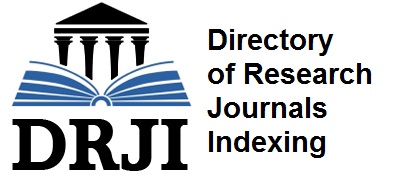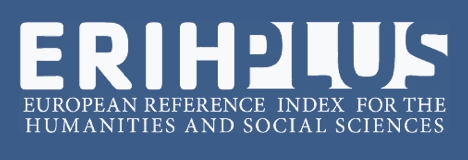Gli Stati Uniti e le scorrerie dei corsari islamici del Nord-Africa nel Mediterraneo e nell'Atlantico (1778-1805)
The United States and the raids of the Islamic corsairs of North Africa in the Mediterranean and the Atlantic (1778-1805)
Abstract
Since its foundation and along the early XIX century, the new American Republic, in the most delicate stage of its trading expansion in the Atlantic Ocean and Mediterranean Sea, was obliged to face the problem of the Islamic North-African Barbary States’ piracy. This question had been plaguing European maritime powers’ trade for a long time already, so much so that they had resigned to tolerate a certain level of piracy to their own detriment. Faced with this situation, the political debate within American politics swung between two options: accepting the Barbary blackmail, like the Europeans, or waging war. It was Jefferson who removed all doubt through military interventions aimed at eradicating piracy.
Fin dalla sua nascita e per i primi anni dell'Ottocento, la nuova Repubblica americana, nella fase più delicata della sua espansione commerciale nell'Atlantico e nel Mediterraneo, dovette affrontare il problema della pirateria dei Barbary States islamici del Nord-Africa. Il problema, già da tempo, affliggeva i commerci delle potenze navali europee, le quali, di fatto, si erano assoggettate a tollerare una certa quota di pirateria ai loro danni. Di fronte a questa situazione, il dibattito interno al mondo politico americano oscillò tra due soluzioni: l'accettazione del ricatto barbaresco, come facevano gli europei, o la guerra. Fu Jefferson a sciogliere il dubbio per mezzo di azioni militari volte a sradicare il fenomeno della pirateria.

This work is licensed under a Creative Commons Attribution-NonCommercial 4.0 International License.
Authors who publish with this Journal agree to the following terms:
Authors retain copyright and grant the Journal right of first publication with the work simultaneously licensed under a Creative Commons Attribution-NonCommercial 4.0 International License.
This Journal permits and encourages authors to post items submitted to the Journal on personal websites or institutional repositories both prior to and after publication, while providing bibliographic details that credit, if applicable, its publication in this Journal.

















